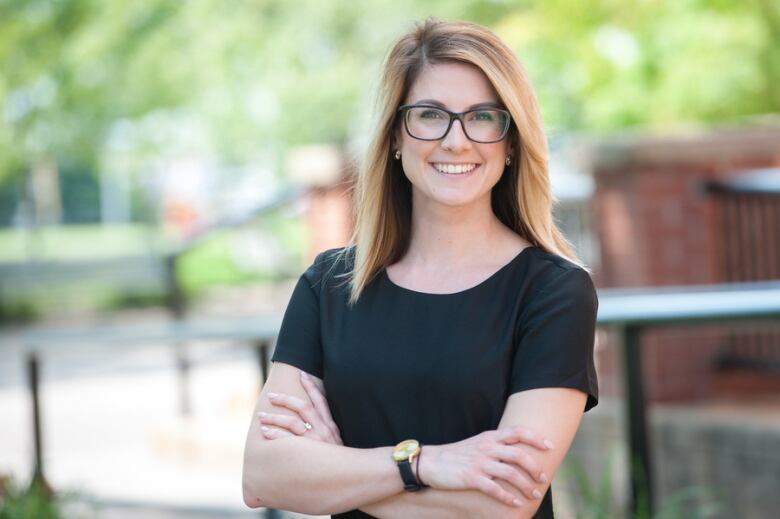Should students have a career plan before investing in university?
Pressure to make career choice causes stress for first-year students, psychologist says

As students get set to head off to university, some will have a clear idea of what kind of career they plan to pursue.
Others won't have a clue. And that's OK, says Charlottetown psychologist Ken Pierce.
Pierce said he sees a lot of university students who are stressed out because they feel pressure to make a career choice before spending money on university tuition.
"They experience such pressure from family, friends, society saying, 'So what are you going to do with your life? Have you decided. You're 18. Why don't you know? What's wrong with you?'
"There's nothing wrong with them. But they feel pressure to make a choice for their lifetime that is really not accurate or fair."
Still time to switch focus
Sarah Roach, manager of domestic recruitment at UPEI, said many students don't find their career paths until they take a variety of courses and discover what they like and don't like.
Students are afraid of disappointing themselves and their parents.- Sarah Roach
She said the university reassures students there is time to choose a career focus in the first or second year of a degree and still graduate on time, and elective credits don't have to go to waste.
"Students are afraid of disappointing themselves and their parents," Roach said. "There's a huge financial stress that's involved with studying and maybe not necessarily knowing what you're going to do. People don't want to be spending more time and money if they aren't really pursuing a goal so I find that that's a hard place to be with students."

Roach said it's common even for students who come to university with a career in mind to switch paths if they find their passion in another course. Roach said when she enrolled at UPEI in 2007, she planned to study nutrition. But after taking a course in psychology, she decided to switch majors.
That led to the job she has now.
"I started in a totally different program and found my interest and my passion elsewhere but none of my classes went to waste. I could use those all toward elective credits for graduation," she said.
Students better informed
Kim Murphy of the P.E.I. Career Development Association said because of the way career education is now taught in P.E.I. schools, graduates are generally more informed about occupations and labour-market trends than they were four or five years ago.
And they realize one degree might not be enough to achieve their career goals.
"Education is expensive," she said. "They're not just looking at what am I going to do in four years, what am I going to do in six years or beyond. It's hard to look that far ahead without having some kind of knowledge of what's available to them."
Gap year 'not a bad thing'
For students who are unsure of their career paths, taking a year off can help them become better prepared for university, Murphy said.
"A gap year is definitely not a bad thing if a person doesn't really know what they want to do," she said. "I just think it gives that student time to look around and experience a little bit of life."
Whatever they decide, it's likely to change over time anyway, Pierce said.
"All they're really doing in those early years is picking their first career, because research shows they'll have at least seven in their lifetime."












_(720p).jpg)


 OFFICIAL HD MUSIC VIDEO.jpg)
.jpg)



























































































